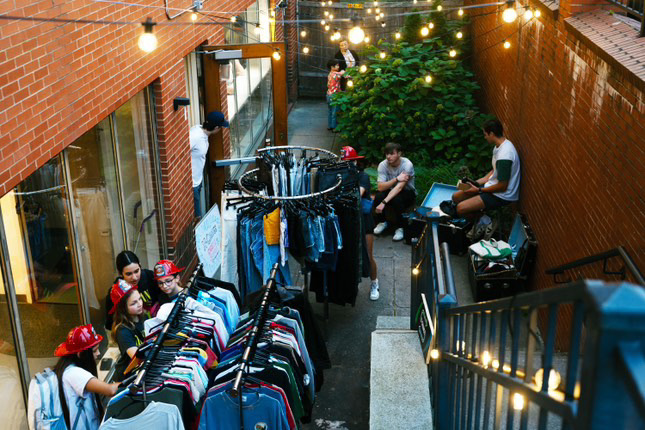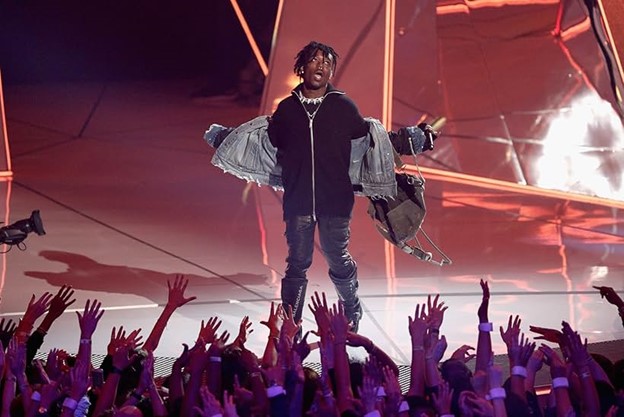The University of Massachusetts hosted its 34th annual Native American Powwow Saturday at the Curry Hicks Cage.
The event was hosted by the Center for Multicultural Advancement for Student Success, the Josephine White Eagle Cultural Center and the UMass Native American community. Being the oldest collegiate Powwow in the nation, this year’s event focused on Native American culture, dance and music.
George “Lonewolf” Thomas of the Pequot tribe explained that a Powwow, pronounced “pea-ow,” “is an Algonquian word for ‘gathering of the people.” Participants of all ages were adorned in their native tribal wear. Jena McLaurin, a volunteer at the Josephine White Eagle Cultural Center of Eastern Cherokee descent, said the Powwow was a fun and inclusive event.
McLaurin, who is also a UMass Ph.D. student, explained, “The native students and community on campus … work on (the Powwow) all year and we look forward to it all year.”
This year’s event featured performances from drum groups such as Urban Thunder, Rez Dogs and Eastern Sons. Storyteller Larry “Spotted Crow” Mann of the Nipmuc tribe and social singer Daryl Wixen of the Wampanoag tribe were also present.
Dancers dominated the floor with many intertribal routines, each performing traditional dances such as the Duck and Dive, and Jingle.
These traditional dances were more than just entertainment.
“We dance for our ancestors, for those who need healing, and we love it,” said UMass English professor Ron Welburn, who is of Gingaskin Cherokee descent.
Joyce “White Deer” Vincent, the CMASS associate director of cultural programming, said the Powwow also helps support small businesses. Merchants throughout the arena sold various handmade traditional items and artwork.
Each small business has a special reason for participating in the Powwow. For Cheryl Fourrier, who is of Chiricahua Apache descent, the Powwow not only helped showcase her and her husband’s artwork, but also allowed them “to support the group.”
Similarly, Sue “Little Bear” Maloney said she comes to the Powwow because, “it is my heritage. I’ve been doing (this) for about 12 years now.”
Vincent described the event as “intergenerational” and “cross-cultural” because, “it is a wonderful opportunity for folks who want to expand their Native American awareness.”
Vincent emphasized how each tribe is different and unique. Coming together for the event not only lets visitors and educators learn more about distinct indigenous cultures but other tribes can learn from each other as well.
“There is no singular Native American,” Vincent said. “We are our own experts.”
The Native Tribal Scholars, an organization that mentors and motivates native youth to access and excel in secondary education, also attended the Powwow as part of its spring retreat.
Vincent added that the scholars were present in part to learn and expand their knowledge about their own tribes as well as others through observation and communication.
Vincent said the Powwow served “to recognize and honor people in our communities and appreciate what they do.” Therefore, it demonstrates not only the celebration of cultures but a celebration of diversity among the Native American community.
Melisa Joseph can be reached at [email protected].


















